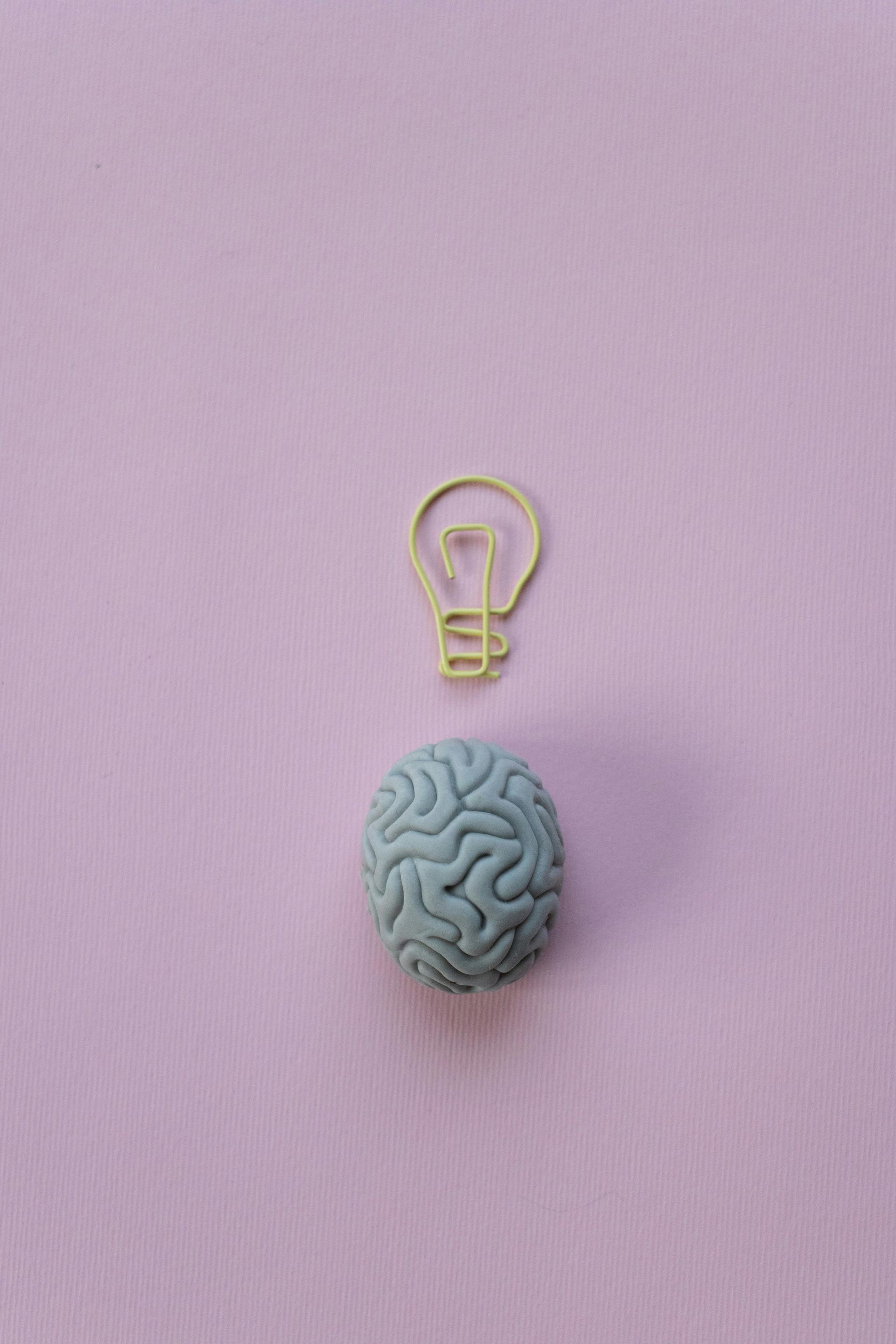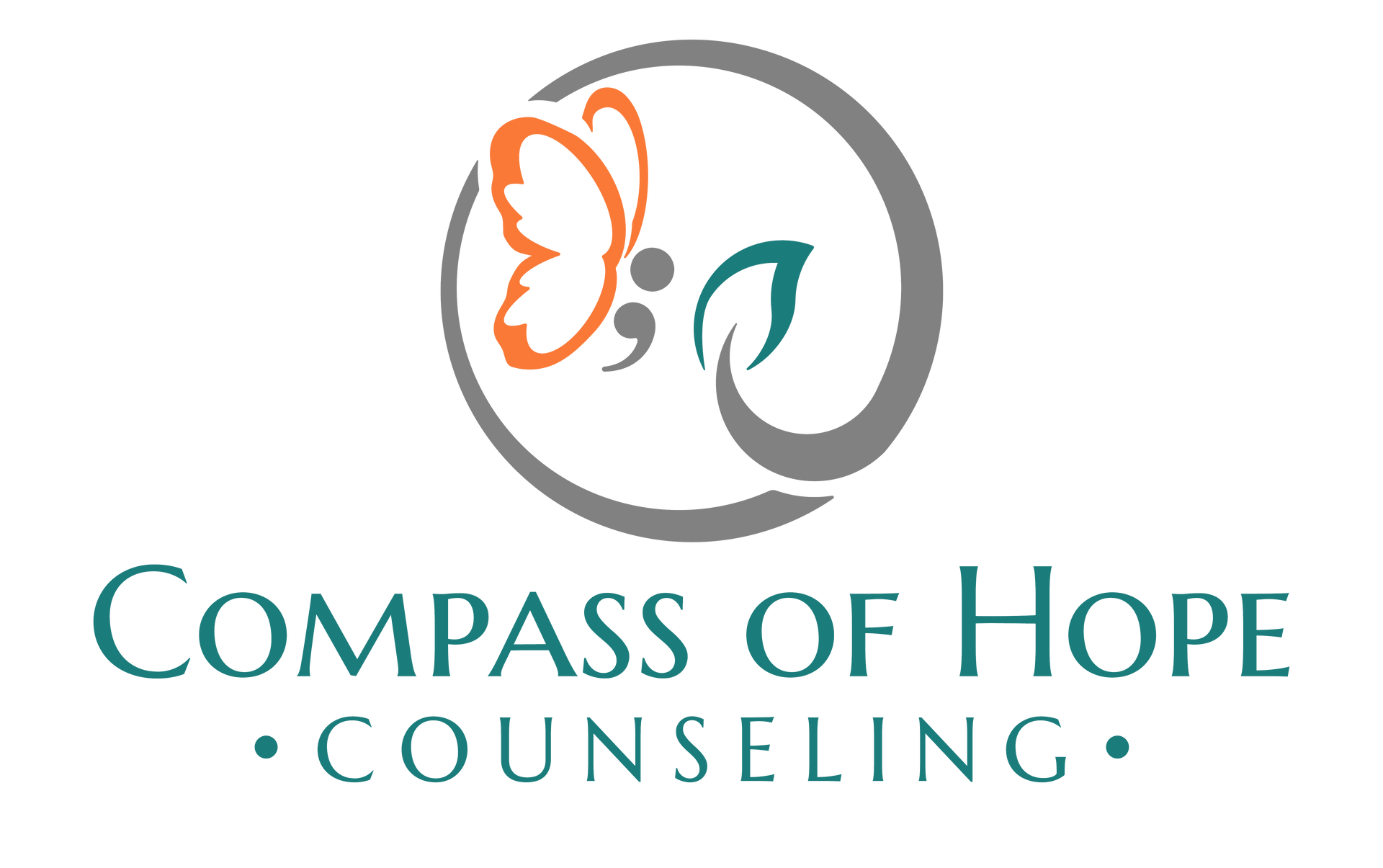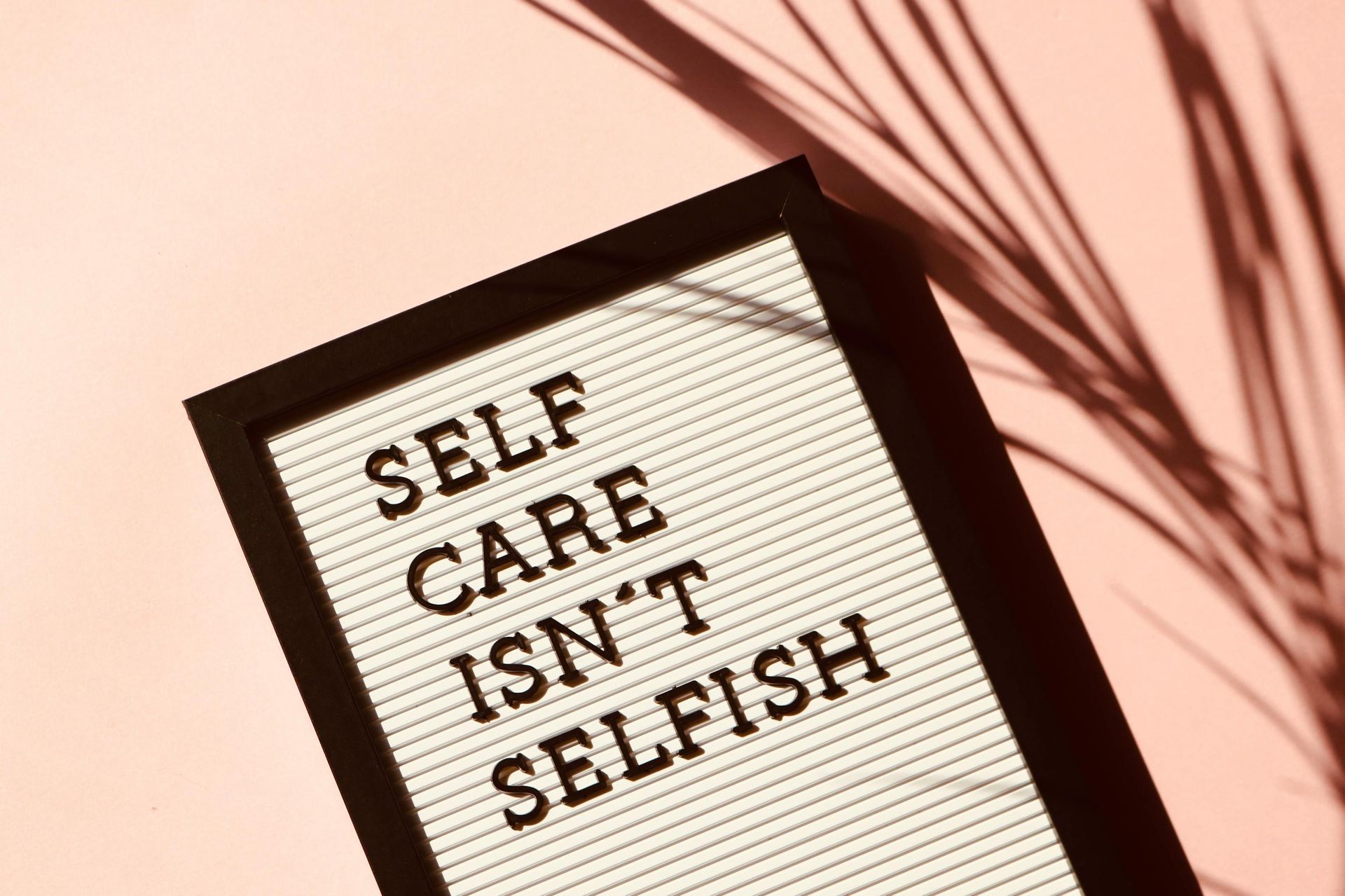Understanding Bipolar Disorder: Debunking Myths, Recognizing Signs, and Exploring Treatment Options
Introduction
Bipolar Disorder, often misunderstood and surrounded by myths, is a significant mental health condition affecting millions worldwide. This comprehensive guide aims to shed light on what Bipolar Disorder is and isn't, debunk common myths, and provide insights into its signs, symptoms, and treatment options. We will also discuss how to support loved ones living with this condition.
What is Bipolar Disorder?
Bipolar Disorder, formerly known as manic depression, is a mental health condition characterized by extreme mood swings. These include emotional highs (mania or hypomania) and lows (depression). Understanding Bipolar Disorder requires recognizing these distinct phases and how they impact an individual's life.
Mania and Hypomania: These are two types of highs in Bipolar Disorder. Mania is more intense and may cause significant impairment, while hypomania is a milder form.
Depression: During depressive episodes, individuals may experience deep sadness, hopelessness, and a lack of energy or interest in activities.
What Bipolar Disorder Isn't
Misconceptions about Bipolar Disorder often lead to stigma and misunderstanding. It's crucial to clarify what this disorder is not:
- It's not just mood swings: While mood swings are a part of the condition, they are much more severe than the typical ups and downs experienced by most people.
- It's not a personality flaw: Bipolar Disorder is a medical condition, not a character weakness.
- It's not untreatable: With proper treatment, individuals with Bipolar Disorder can lead fulfilling lives.
Common Myths about Bipolar Disorder
- Myth: Bipolar Disorder means split personality.
- Myth: Manic phases are always enjoyable.
- Myth: Bipolar Disorder cannot be managed.
Signs and Symptoms
Recognizing the signs of Bipolar Disorder is key to getting help. Common signs include:
- Manic episodes: Feelings of euphoria, inflated self-esteem, and decreased need for sleep.
- Depressive episodes: Feelings of sadness, emptiness, and significant changes in appetite or sleep patterns.
When to Seek Treatment
Early intervention is crucial in managing Bipolar Disorder effectively. Signs that it's time to seek treatment include:
- Severe mood swings that disrupt daily life.
- Risk-taking behavior during manic phases.
- Prolonged feelings of depression.
Types of Treatment
Effective treatment for Bipolar Disorder typically involves a combination of medication and psychotherapy. Treatment plans are tailored to each individual and may include:
- Medications: Mood stabilizers, antipsychotics, and antidepressants.
- Psychotherapy: Cognitive-behavioral therapy (CBT) and family-focused therapy.
- Lifestyle modifications and support groups.
Supporting Loved Ones with Bipolar Disorder
Supporting someone with Bipolar Disorder involves understanding, patience, and compassion. Here are some ways to offer support:
- Educate yourself about the condition.
- Be patient and understanding.
- Encourage them to stick with their treatment plan.
- Offer emotional support and listen without judgment.
Conclusion
Understanding Bipolar Disorder is crucial for those living with the condition and their loved ones. By debunking myths, recognizing signs, and exploring treatment options, we can foster a more empathetic and informed society. Remember, support and understanding are key to helping individuals with Bipolar Disorder thrive.





Working Hours
CONTACT
Phone: (603) 824-3555
Fax: (603) 935-9389
Email: contactus@compassofhope.com
Billing: Extension 4, billing@compassofhope.com
Hooksett Office: 11 Kimball Drive Suite 104-105 Hooksett, NH 03106
(603) 824-3555 -
Extension 1
Hampton Office: 433-435 Lafayette Road Hampton, NH 03842
(603) 824-3555 -
Extension 2
Concord Office: 64 North State Street Concord, NH 03301
(603) 824-3555 -
Extension 3





